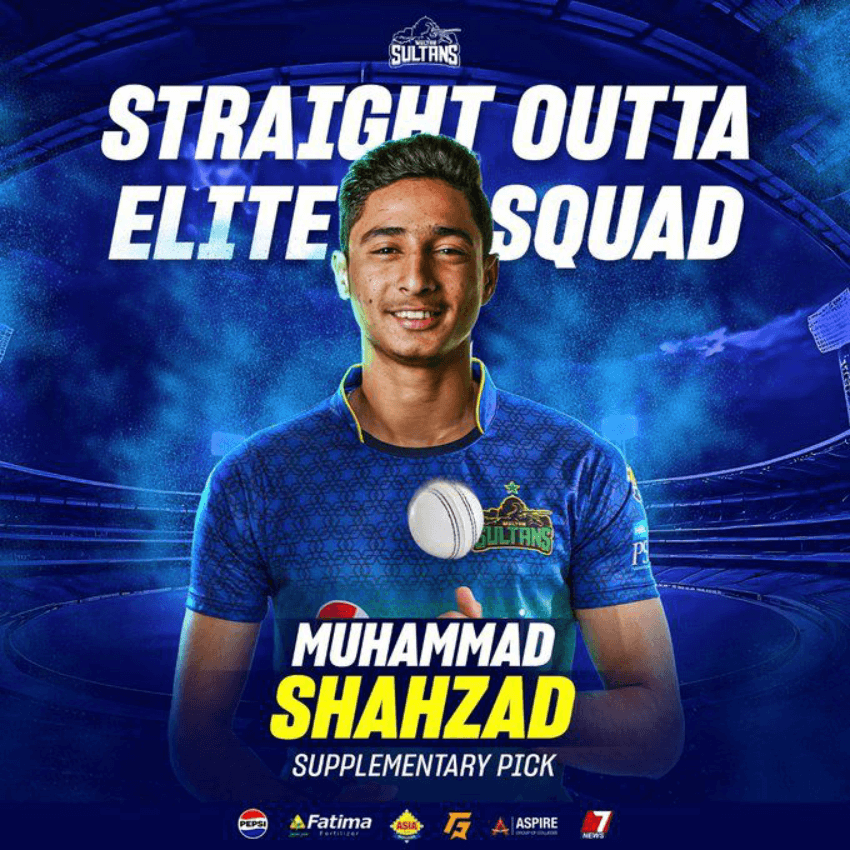Q: What was discussed in the team meetings when you joined the team?
A: Our team meeting’s at 3:30pm, so I can’t disclose what was discussed yet. Clearly, we haven’t had the start to this campaign that we would have hoped for, but the upside is we’ve got eight games to go. I’m elated to be here, and I’ve felt amazing support from the local community, team, and franchise.
Q: How do you find playing in different environments and conditions?
A: It’s a challenge, but I’m 32 now, and I’ve got more confidence in my game. I’ve proven to myself that my skills are transferable in different competitions. Pakistan’s a nice place to come as a batter, and these conditions are something I’m looking forward to playing in.
Q: What are the differences between playing in Pakistan and Australia?
A: The noticeable difference is the really good batting wickets here. The boundary dimensions can be small, which requires a different game plan. We see more boundaries and running of twos here. From a bowling perspective, we see a lot of defensive bowling.
Q: How important is fitness in this tournament?
A: Fitness is crucial, especially for fast bowlers. We want to have our best players on the park and fit. With the high-scoring games and small grounds, fitness is important, but I think we’ll see more boundaries than running between the wickets.
Q: Do you have any ambitions to score hundreds in this tournament?
A: I’d love to, but it’s difficult batting down the order. My job is to bat in the end of the innings and finish as well as possible. I’m not too worried about personal milestones; I’m here to try and win games for Multan.
Q: What makes the PSL a strong competition?
A: It’s one of the strengths of this competition, with six teams and amazing local talent. Pakistan cricket’s really healthy at the moment, and we’re seeing quality domestic cricketers and overseas players. It’s an exciting brand of cricket, and it’s entertaining for all the fans.
Q: How do you adapt to different conditions?
A: It’s about being adaptable and communicating effectively with the team. We need to relay feedback from the conditions and get that message back to the dressing room. That’s something consistent with cricket all around the world.
Q: What do you think about the domestic structures in Pakistan?
A: I don’t know a lot about it, but I see similarities between the PSL and Australian state cricket. Having six teams is a great breeding ground for young cricketers and aspiring international cricketers.
Q: What’s the plan for tomorrow’s game against Peshawar?
A: We haven’t started the campaign the way we would have liked, but we’ve got an exciting opportunity ahead of us. We’ll discuss ways to unite as a team and produce the best results on the field.
Q: What are your expectations for the rest of the tournament?
A: I think there’s been a lot of upside, and we’ll learn from the last game and implement changes tomorrow night. We’ll come out with a different outcome if we can execute our plans effectively.
























